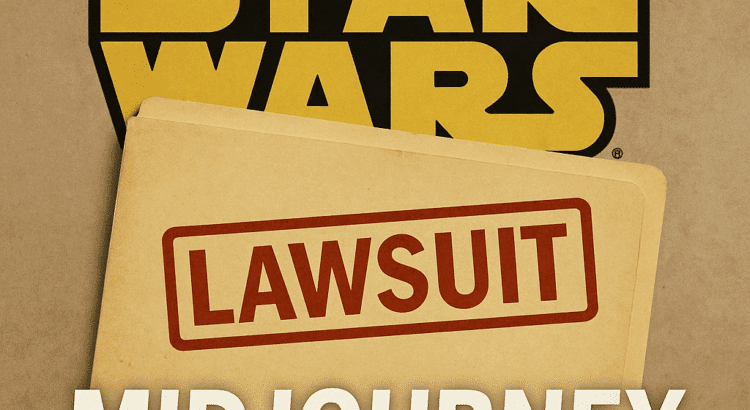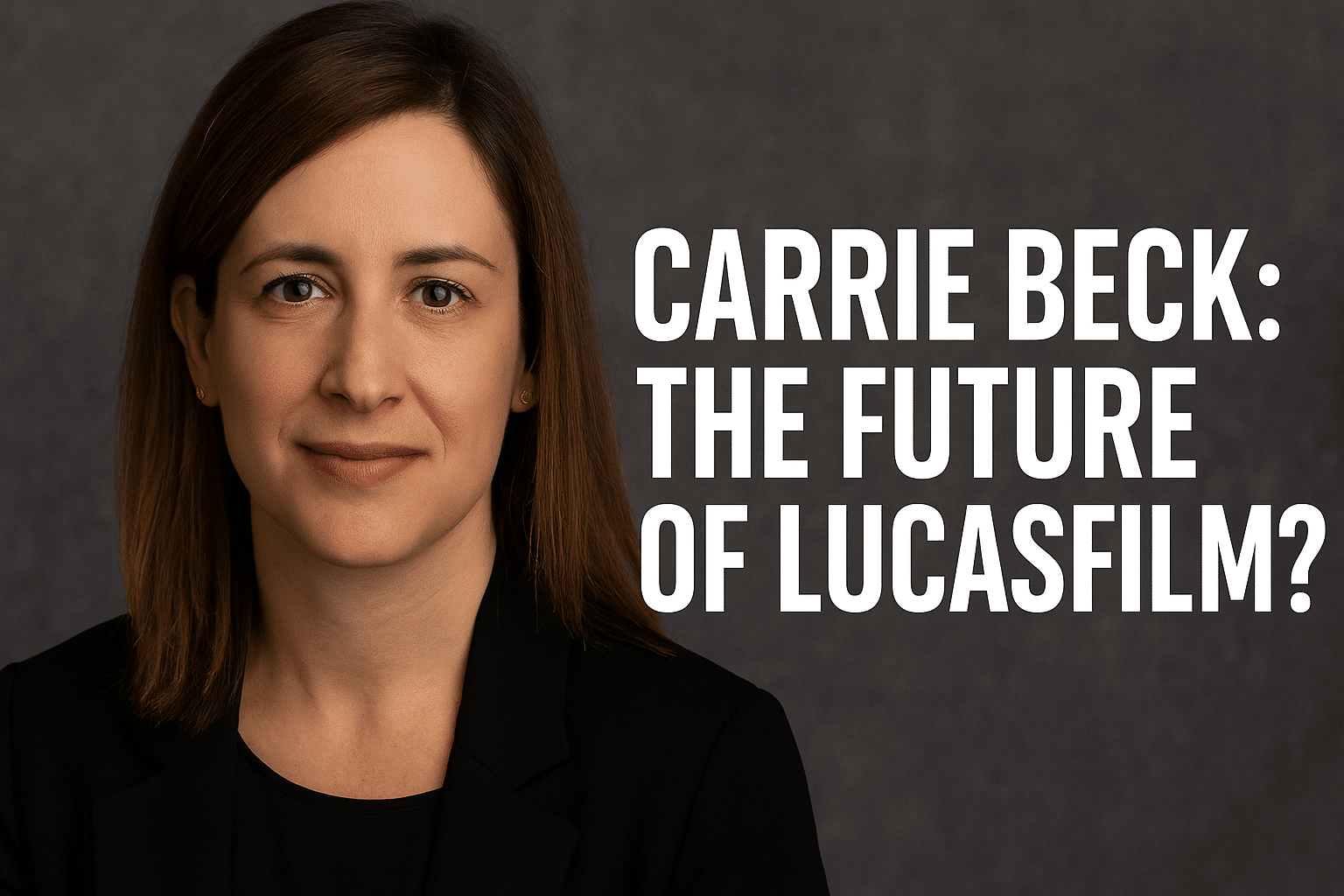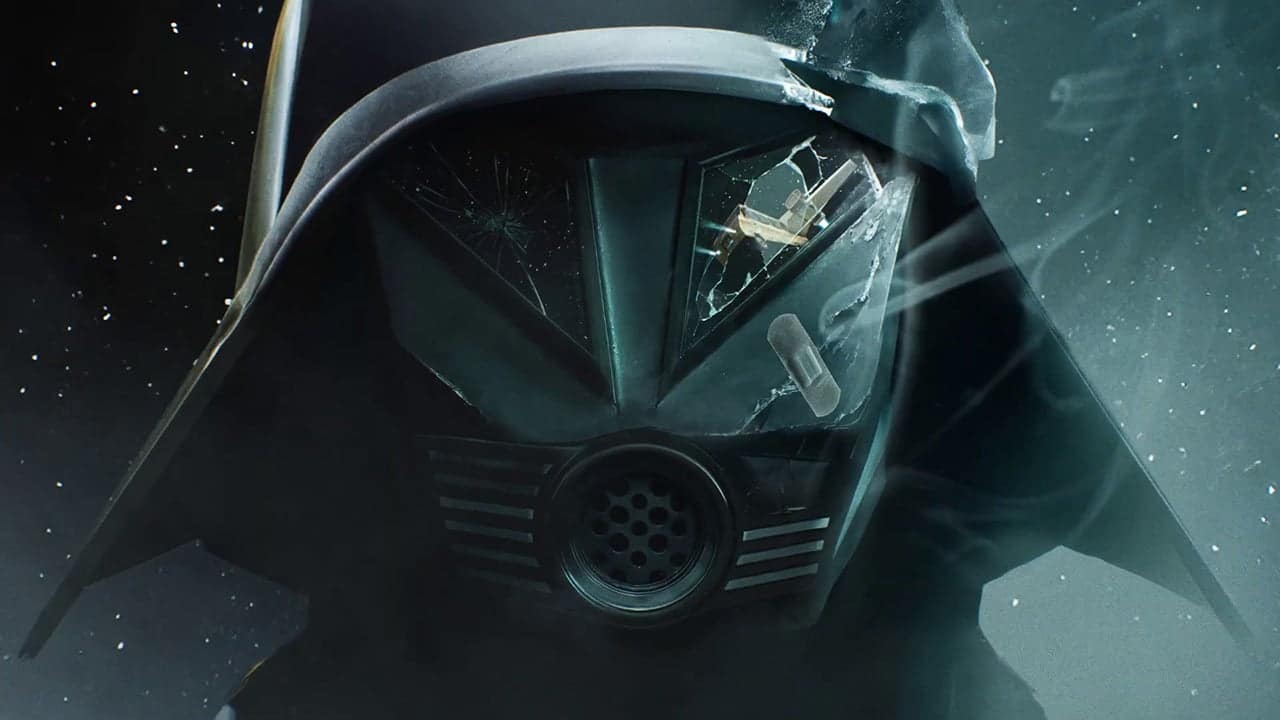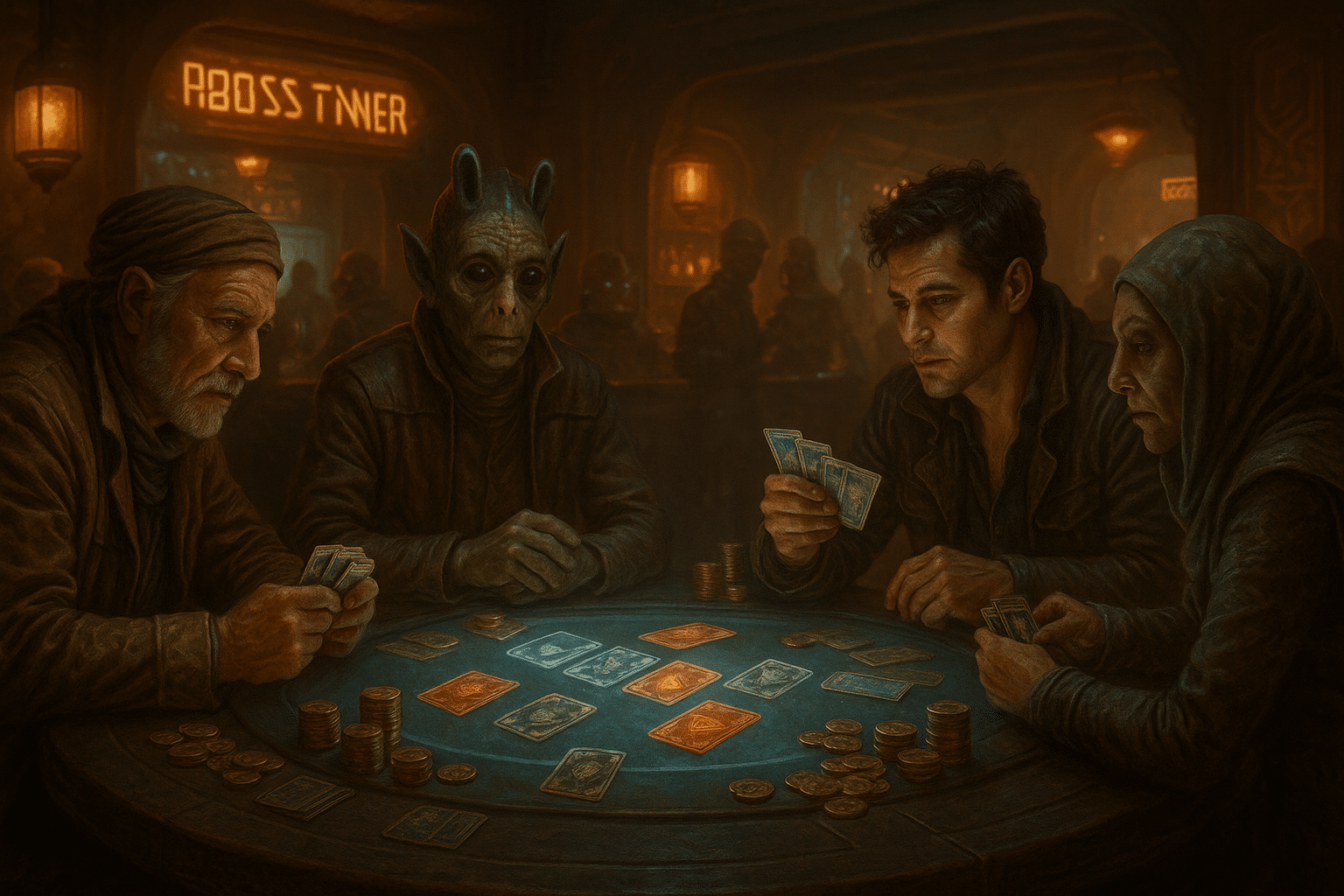In a plot twist straight out of The Mandalorian, Disney has officially filed a lawsuit against AI art generator Midjourney for—brace yourself—creating and distributing unlicensed Star Wars content. Yep, turns out generating a sexy Sith Lord or a bootleg Baby Yoda isn’t exactly on Mickey’s list of approved use cases.
While most lightsaber duels stay in a galaxy far, far away, this one is headed straight for the courtroom. Let’s break down how this all started, why it matters, and what it means for creators, copyright holders, and yes—even gamblers and gamers watching this play out like the final round of a high-stakes poker game on Canto Bight.
Why Is Disney Suing Midjourney?
Because someone finally said, “Wait… are we letting AI remix Luke Skywalker without a license?”
Disney, ever protective of its intellectual property empire (and for good reason), is accusing Midjourney of facilitating the creation and distribution of images that heavily rely on Star Wars characters, settings, and even iconic trademarks. The company claims that Midjourney users have produced an avalanche of AI-generated art that includes everything from photorealistic Jedi to NSFW reimaginings of beloved characters—without a single nod to licensing or royalties.
Imagine Chewbacca moonlighting as a blackjack dealer and not kicking any credits up to Disney. That’s the level of unlicensed chaos we’re talking about here.

What’s at Stake?
🎨 Artistic Freedom vs. IP Protection
At the heart of the conflict is the age-old battle between creative liberty and corporate copyright. Artists and digital creators love AI tools for their speed and flexibility, especially in fandom circles like Star Wars. But Disney’s lawsuit is a not-so-gentle reminder that even AI-generated creativity must respect copyright laws.
And let’s be honest—if there’s one brand that knows how to wield the legal lightsaber, it’s Disney.
💰 Billions in Branding
Disney isn’t suing just because someone made an off-model Yoda. They’re protecting a multi-billion dollar brand portfolio. The Star Wars name is slapped on everything from LEGO sets and NFTs to esports avatars and online slots. Any dilution of that brand—especially through unauthorized channels—could spell problems in both marketing and merchandising galaxies.
If you’re in the gambling or casino gaming industry, take notes. Using Star Wars aesthetics without clearance? That’s a shortcut to litigation hyperspace.
The Bigger Picture: AI vs. IP Law
This isn’t just about Star Wars. It’s about how generative AI is testing the limits of intellectual property law. Midjourney, Stable Diffusion, and other platforms are reshaping how art is made, but they often rely on data scraped from copyrighted sources—without consent.
The Disney-Midjourney legal battle could set major precedents. It’s like watching a game of sabacc where the house rules are still being written.
Will courts decide that AI art is transformative and thus protected under fair use? Or will they side with content owners and force platforms to crack down?
Either way, it’s a risky hand—especially for modders, content creators, and indie developers who rely on IP-adjacent creations to build audiences and income streams.
What About Midjourney?
Midjourney, as of now, hasn’t Force-choked its operations. But it’s definitely in the hot seat. The company has reportedly attempted to moderate prompts that generate trademarked content, but enforcement is tricky. With tens of thousands of users prompting everything from “Sith Lord Pikachu” to “Padmé as a cyberpunk slot machine hostess,” keeping things clean is like herding porgs on caffeine.
And let’s not forget the irony—Midjourney users adore franchises like Star Wars, Marvel, and more. The very properties they’re being sued for are also the ones they’re trying to honor… albeit in an unauthorized, algorithmic way.
So What Happens Next?
This lawsuit is less about stopping every AI art user and more about drawing a legal line in the sand (preferably not the kind Anakin hates). Disney wants to make it crystal clear: their IP is not a free-for-all training set for generative models.
We could see increased pressure on AI platforms to add more robust copyright filters. Expect pushback, countersuits, and maybe a few companies just choosing to geoblock Disney content entirely from prompts.
Meanwhile, if you’re in esports, gaming, or even running a site that flirts with IP-heavy modding or slot-style skins—maybe don’t roll the dice with Disney. The House of Mouse plays to win.
Final Thoughts: A New Hope for Copyright—or Just More Legal Sith?
This isn’t just another Disney lawsuit. It’s part of a much larger reckoning between technology and the law, with generative AI at the center of the debate.
As AI evolves faster than the legal frameworks built to regulate it, cases like this will become more frequent—and more fiery. Whether you’re an artist, streamer, esports team, or modding wizard, it’s time to start thinking about how to play this game legally and creatively.
Because in the battle between Jedi and lawyers, always remember: lawyers don’t need Force powers. Just paperwork.
Stay connected with all our latest updates by following us on Google News!
It only takes a click, and it would mean a lot to us. You’ll get the freshest news, exclusive content, and much more, right at your fingertips. Thanks for your support!









